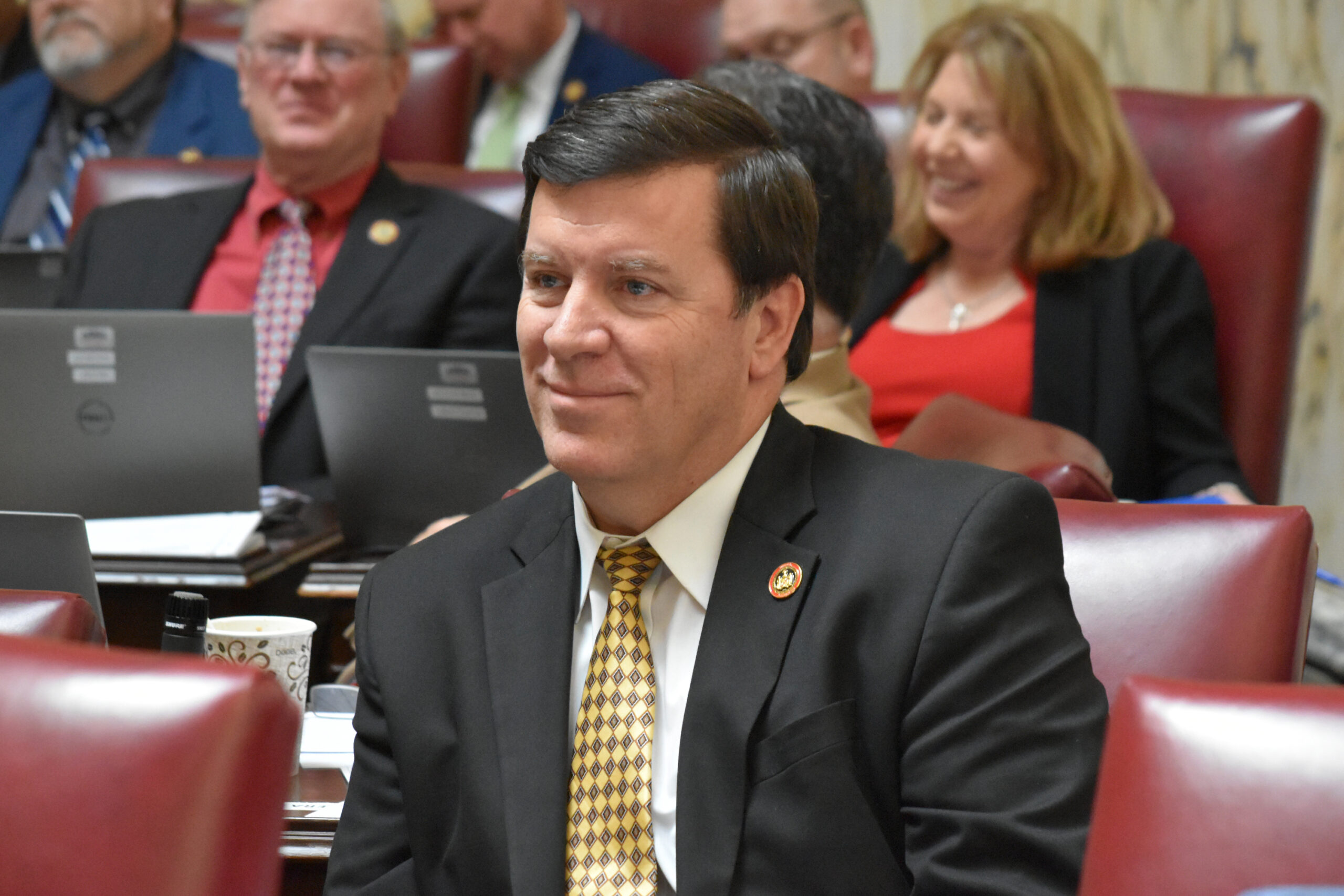What Accreditors Heard – And Had to Say – When They Visited UMD
When accreditors visited the University of Maryland College Park for a review in late March, a series of changes to the university’s governance were already underway. And while lauded as “commendable” by the team from the Middle States Commission on Higher Education, what had been done up to that point was not enough to avoid a warning that came last week.
College Park’s accreditation was placed on warning after the commission considered a review team report that detailed communication breakdowns, secrecy and a lack of trust in University System of Maryland leadership, particularly in the months following the death of College Park football player Jordan McNair after a team practice.
Several specific events were the focus of the Middle States review committee:
- the Regent’s decision to assume authority over review of the university’s athletics protocols and procedures;
- the news conference on Oct. 29, 2019, where now-former Regents’ chair James T. Brady, announced the board’s recommendation to retain then-UMD head football coach D.J. Durkin; and
- the announcement by College Park President Wallace D. Loh that he would retire in apparent protest – and, the next day, fired Durkin.
During the review, the accreditation team interviewed members of the Board of Regents, University System of Maryland management, College Park officials, university faculty and student leaders.
Board Chair Linda R. Gooden, who replaced Brady after his resignation, said the decision to recommend retention of Durkin was a mistake, though she indicated the board had the right to make the recommendation. In talks with the review team, Gooden outlined a series of changes undertaken by the board to improve governance, including establishment of an executive committee, annual board member training, an external review and the decision that Loh would remain at College Park until June 2020.
Those actions served as evidence that the board has a new commitment to Middle States governance standards, the review team wrote.
But they added: “However, the interviews conducted by the review team reveal a deeper set of issues … that involve profound differences in the interpretations and comments from those reported by Board members and those reported by members of the University community.”
Those concerns came to the review team from different corners, underscoring the review team’s concerns about whether College Park leadership had “sufficient independence to ensure the integrity of the institution with members having primary responsibility to the accredited institution and not to allow other influences to interfere with governing responsibilities, the interference with day-to-day operations of the institution, the oversight of personnel, and overall good practices in governance.”
“It is the significant difference between statements of the Board, Chancellor and University members that raise these concerns,” the reviewers wrote.
They were also concerned about the degree to which Loh was “boxed in” by the Regents’ public announcement about Durkin, and questioned whether the Regents’ announcement was a recommendation or amounted to a decision to be followed. The review team said they heard different opinions from board members and the chancellor about whether Loh was notified prior to the announcement.
The review team says there is evidence Durkin was informed he was being retained outside of the line of command through the president and that it was highly unusual for the board to vote – repeatedly – on employment “recommendations.”
“In contrast, the University community universally believes that it was not a recommendation but rather a decision and/or ultimatum,” the report said.
Some board members also told the review committee that they were surprised Loh would see their recommendation as a directive.
The review team also cited “the meager amount of communication across the spectrum of University governance” as an issue. During the controversies in the football program, “a major source of information was found in newspapers rather than in an orderly discussion between the Board, Chancellor, and President that would have potentially kept some concerns at bay.”
The review team suggested that too much University governance was vested in the board chair and chancellor.
In addition to the corrective steps already cited by the university, the review team said officials “should collaboratively identify actions to restore trust between the different elements of the UMD governance structure and clarify the roles, responsibilities, and accountability of each component of the governance structure.”
In a response, Loh wrote that new regular meetings between himself, Regents leadership and the chancellor “has helped restore the trusting and healthy relationship that prevailed during the first 7+ years of my presidency.”
Loh also noted that the university was not able on its own to change state law and board bylaws to address the commission’s concerns, but was committing to get the work done.
Loh, Gooden and Chancellor Robert Caret issued a joint statement late Friday night saying that leaders “are committed to working together to ensure that the governance structure clearly specifies the roles, responsibilities, and accountability of each constituency and that these are in full alignment” with Middle States Commission standards, the leaders said, in part.
The review was required by the commission in November 2018. A new followup report to address the governance concerns is due March 1.
The visiting team was at the University of Maryland from March 31 to April 2. The team included Eric Barron, president of Pennsylvania State University; Christopher Mayer, an associate dean at U.S. Military Academy; and Hilda Colón Plumey, vice president of the Middle States Commission.




 Creative Commons Attribution
Creative Commons Attribution